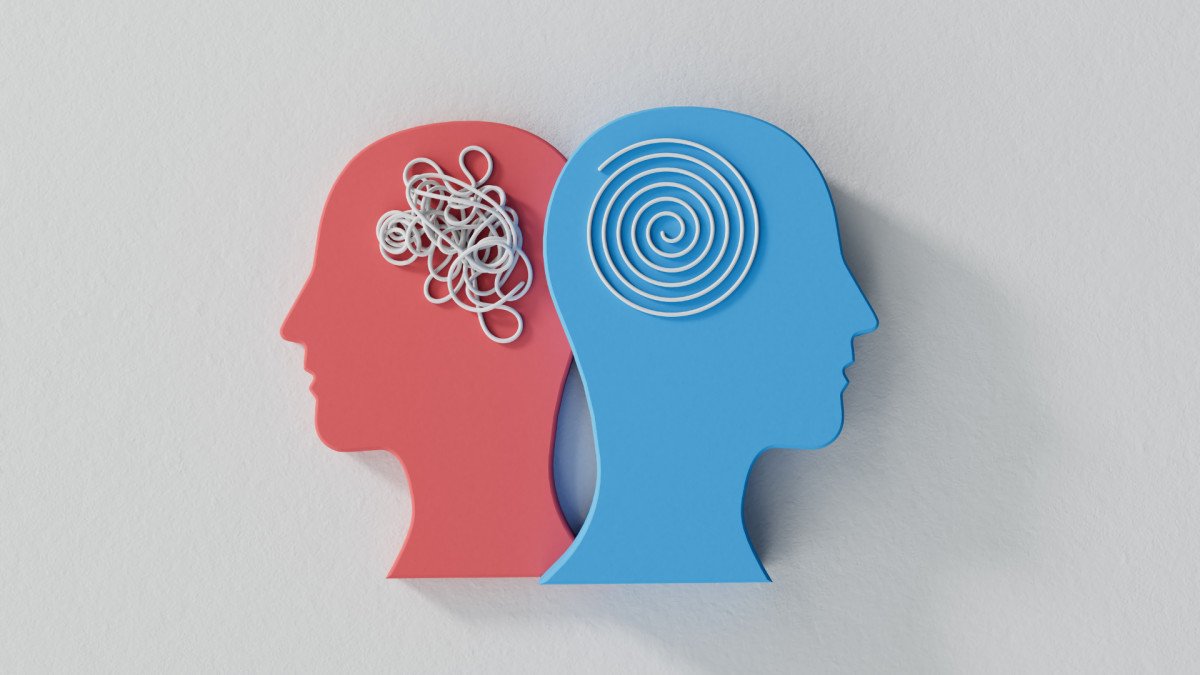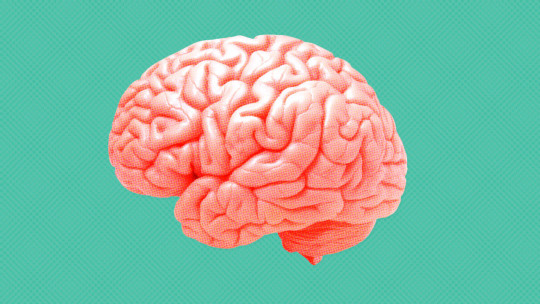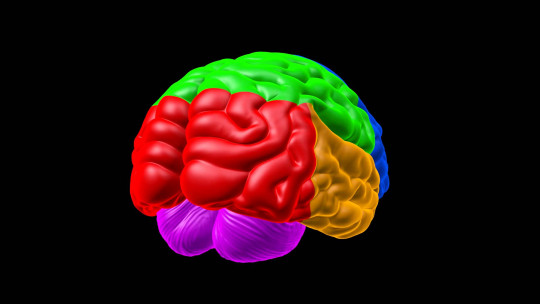Honesty and deception are aspects that have aroused great interest throughout history. Multiple authors have tried to understand and decipher what leads people to lie or, on the contrary, to be honest. The explanations have been associated with multiple factors depending on the moment and the context.
With the continuous development and progress of technology, it seems that it is even easier to enhance deceptive behaviors and this has also caught the attention of researchers as an aspect to take into account in their studies. It is considered that different cognitive processes occur compared to when it comes to face-to-face deception.
In this article we explore the relationship between honesty and brain synchronization. To do this, we begin by contextualizing honesty from a scientific approach, explaining what brain synchronization is and how it affects social interactions. Finally, we will see what possible implications this information may have.
Honesty from a scientific perspective
Honesty is considered to be a fundamental factor when building social relationships. This applies especially when we talk about significant ties since it directly influences other components of the relationship such as trust, which, in turn, interferes with the willingness to cooperate, for example.
Neuroscience allows us to better understand what happens at the brain level when we act honestly. For example, Areas such as the dorsolateral prefrontal cortex and the anterior cingulate are activated, among others. Both are related to the processing of moral information and making ethical decisions.
Honesty is linked to pleasant emotional responses, recognized and validated also at a social level since they reinforce behaviors that benefit the community. In this sense, the activation of the named brain areas is also associated with the perception of social norms and, in turn, the evaluation of the consequences of actions on an ethical and/or moral level.
On the other hand, There are studies that point out the relative ease with which our brain adapts to breaking rules and carrying out dishonest acts. It is true that these behaviors, at first, are accompanied by intense emotional discomfort that, with their repetition, decreases.
Furthermore, it is accompanied by a normalization or minimization of severity at a cognitive level. It was observed that people were more likely to cheat—and justify their actions—the greater the benefit they obtained from said transgression.

Brain synchronization in social interactions
The concept of interpersonal brain synchronization refers to the alignment of brain waves between two or more people over time. In other words, it is described as the correlation of brain activity since similarities have been observed between neuronal fluctuations when several people share activities and collaborate.
This is a crucial process in understanding how people communicate, cooperate and relate on an emotional level. Today it is known that interpersonal brain synchronization increases in face-to-face interactions, a fact that allows for increased empathy and understanding.
An interesting, as well as relevant, aspect observed in research is the fact that gender plays an important role in social interactions. It was observed that interpersonal brain synchronization varied depending on gender and this, without a doubt, can have repercussions on the way in which relationships are established.
There are also other factors that can influence neural activity patterns to synchronize between people who coincide in time. Among them, we can highlight, for example, some such as the familiarity and closeness between individuals, the level of empathy felt towards the other person, the quality of the interaction and the coherence between verbal and non-verbal communication.
The relationship between honesty and brain synchronization
Brain synchronization plays an important role in establishing the bond between people since it is related to aspects such as communication, empathy and, above all, trust. There is evidence to show that the more people trust each other, the more their brains become synchronized.
In this sense, and also taking into account what has been previously mentioned about honesty, it is considered that it can be a facilitator of interpersonal brain synchronization. That is to say, Honesty helps reduce ambiguity, improves clarity in communication and this fact contributes to strengthening social bonds.
Aspects as important for our community as social cohesion and cooperation are reinforced thanks to the brain synchronization that occurs when honesty is perceived in interpersonal interactions. Recent studies show that brain synchronization can be an indicator of emotional transparency in a relationship—especially if the bond is a couple.
On the contrary, dishonest behaviors can negatively impact trust and therefore hinder interpersonal brain synchronization. Lack of sincerity prevents people from having a shared experience of reality and, therefore, from producing said alignment in brain activity.
An interesting aspect to take into account was observed in the studies carried out. These investigations indicate that people were less likely to lie to their partners compared to the rate of deception towards strangers.
Possible implications
The research work on brain synchronization is really interesting since, as has been observed, it provides valuable information in relation to the construction of human relationships in different areas of life.
This information could also have great benefits when it comes to promoting cooperative behaviors in areas such as school—allowing the development of strategies that enhance learning in other new and more satisfactory ways—or work. In addition, it can be very useful when intervening in situations of interpersonal conflicts of various types.










